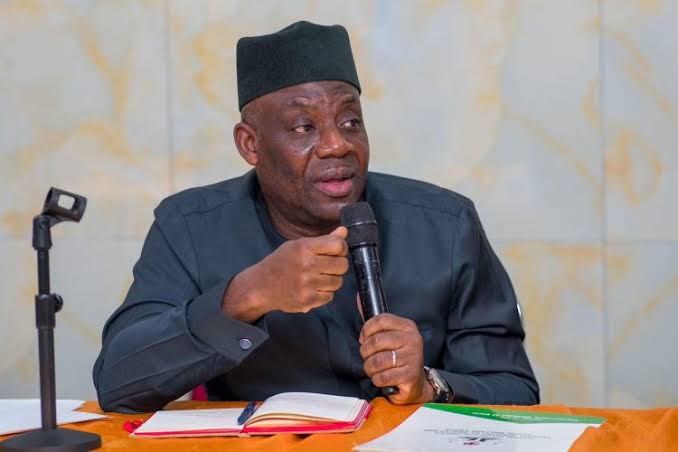JUST IN: FG Makes History Compulsory in Schools to Strengthen National Identity and Patriotism

JUST IN: FG Makes History Compulsory in Schools to Strengthen National Identity and Patriotism
The Federal Government has reintroduced Nigerian History as a compulsory subject in the national basic education curriculum, saying the move is designed to “foster national identity, unity, patriotism, and responsible citizenship among young Nigerians.”
Minister of Education, Dr. Tunji Alausa, made this known in a statement issued in Abuja on Wednesday by the ministry’s Director of Press and Public Relations, Mrs. Folasade Boriowo.
Alausa explained that the revised curriculum aims to rekindle pride in Nigeria’s past, build civic consciousness, and prepare young Nigerians with the knowledge and values needed for responsible nation-building. He also expressed gratitude to President Bola Tinubu for driving the reform through the Renewed Hope Agenda.
The minister stressed that history is more than a record of past events but a foundation for shaping future citizens. He said:
“For the first time in decades, Nigerian pupils will study Nigerian history continuously from Primary 1 through Junior Secondary School 3. Students in SSS 1–3 will learn the newly developed subject Civic and Heritage Studies, which integrates Nigerian history with civic education. This innovative approach ensures learners understand the nation’s story while cultivating the values of citizenship, responsibility, and service.”
Outlining the curriculum content, Alausa stated:
“Primary 1–6 pupils will explore Nigeria’s origins, heroes and heroines, traditional rulers and institutions, cultural heritage, political evolution, geography, environment, economy, religions, colonial administration, and post-independence governance.”
He added that:
“Students in JSS1–3 will study Civic and Heritage Studies, covering topics such as early Nigerian civilizations, pre-colonial states, West African empires, trans-Saharan trade, European contacts, amalgamation, the independence movement, and democratic governance blended with civic values to strengthen identity and national unity.”
The minister described the reform as “a priceless gift to the nation, reconnecting children with their roots while inspiring pride, unity, and commitment to Nigeria’s development.” He further emphasized that embedding civic education would equip learners with values needed to respect diversity, uphold institutions, and contribute meaningfully to society.
Alausa confirmed that the revised Nigerian History Curriculum for Primary 1–6 and JSS1–3 has already been released, and the ministry will work with stakeholders to provide resources, retrain teachers, and strengthen monitoring and evaluation systems to ensure proper implementation.
He also appealed for collective support, saying:
“Parents, educators, and communities must embrace this historic reform as a shared responsibility in raising patriotic, disciplined, and forward-looking citizens.






